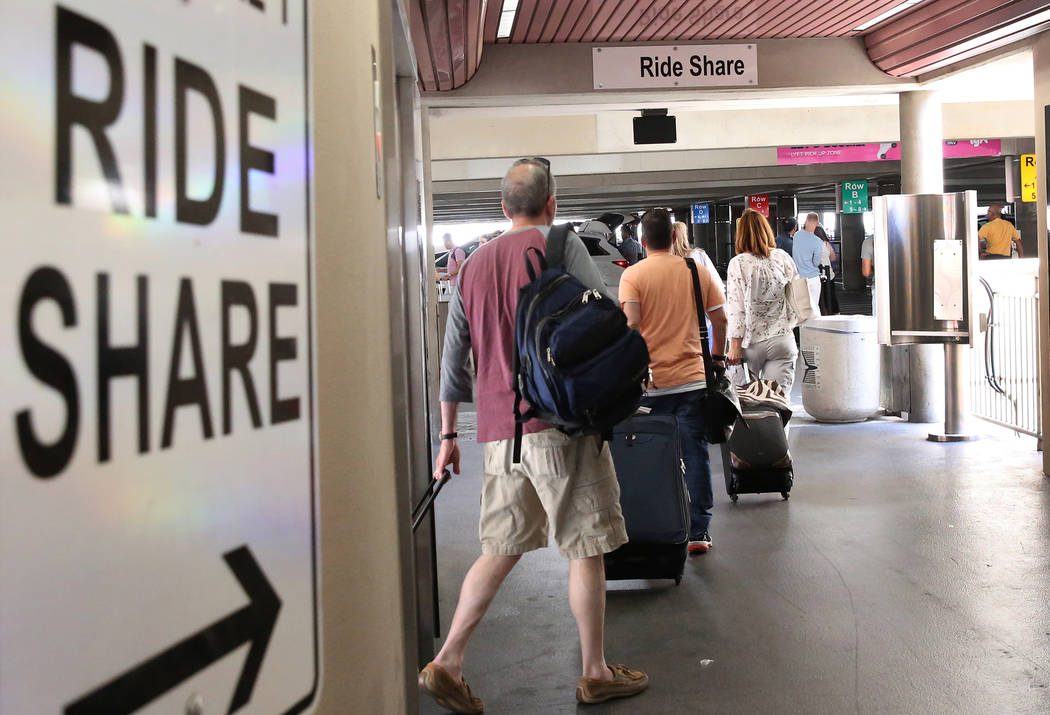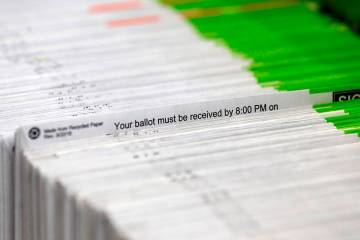EDITORIAL: More bureaucratic overkill in California
Regulatory overkill is a hallmark of progressive California, where government interventions have caused many small-business interests to flee and left much of the state struggling with a housing crisis that has priced all but the wealthy out of the market.
And now Golden State bureaucrats have a new target: They’ve set their sights on a company that helps blind and elderly people get rides to doctor appointments.
As Christian Britschgi of Reason outlined last week, the Consumer Protection and Enforcement Division of the California Public Utilities Commission — the body that regulates ridesharing companies such as Uber and Lyft — will soon vote whether to uphold a citation it issued in February to GoGo Grandparent, a company that coordinates rides for seniors and those with vision impairments.
Launched in 2016, San Francisco-based GoGo Grandparent offers a toll-free number that people without smartphones can call to schedule a ride with Uber or Lyft. The company’s main customers are elderly and disabled people who use the service to coordinate rides to see their physicians, run errands or visit friends and family.
This is obviously good and important work. But state busybodies are having none of it. Earlier this year, the CPED fined the outfit $10,000 and ordered it to obtain a permit to operate as a transportation network company. Never mind that the company doesn’t drive anyone. It simply helps the disabled and needy seniors arrange for transportation. As Reason notes, the permit requirement would force the company to get $1 million liability insurance for its nonexistent vehicles, as well as provide lists to the state of its nonexistent drivers.
The bureaucrats argue that GoGo Grandparent is subject to a California law that defines for-hire ride services as any “person engaged in the transportation of persons by motor vehicle for compensation.” In regulatory filings, Reason notes, the commission has cited the Merriam-Webster definition of “engaged” as “involved in (the) activity.”
But this makes absolutely no sense. As the company noted in its appeal, it neither employs nor contracts with drivers. “For the (Public Utilities Commission) to regulate them would be equivalent to regulating a smartphone or the Google Alexa Device or a computer code,” a company filing notes.
In August, an administrative law judge correctly upheld GoGo Grandparent’s appeal, writing that if the regulatory agency’s generous definition of the word “engaged” were accepted, the members of the CPED themselves might also be considered a for-hire transportation service.
Since then, however, the agency has hit the stall button — perhaps out of sheer embarrassment for starting the regulatory action in the first place. State officials have offered no public pronouncements about why they would seek to make it more difficult for the elderly and visually impaired to find transportation. Perhaps it’s just for sport.
A vote on the matter is now scheduled for December. For more on this story, look up “dumb” in your dictionary.




























